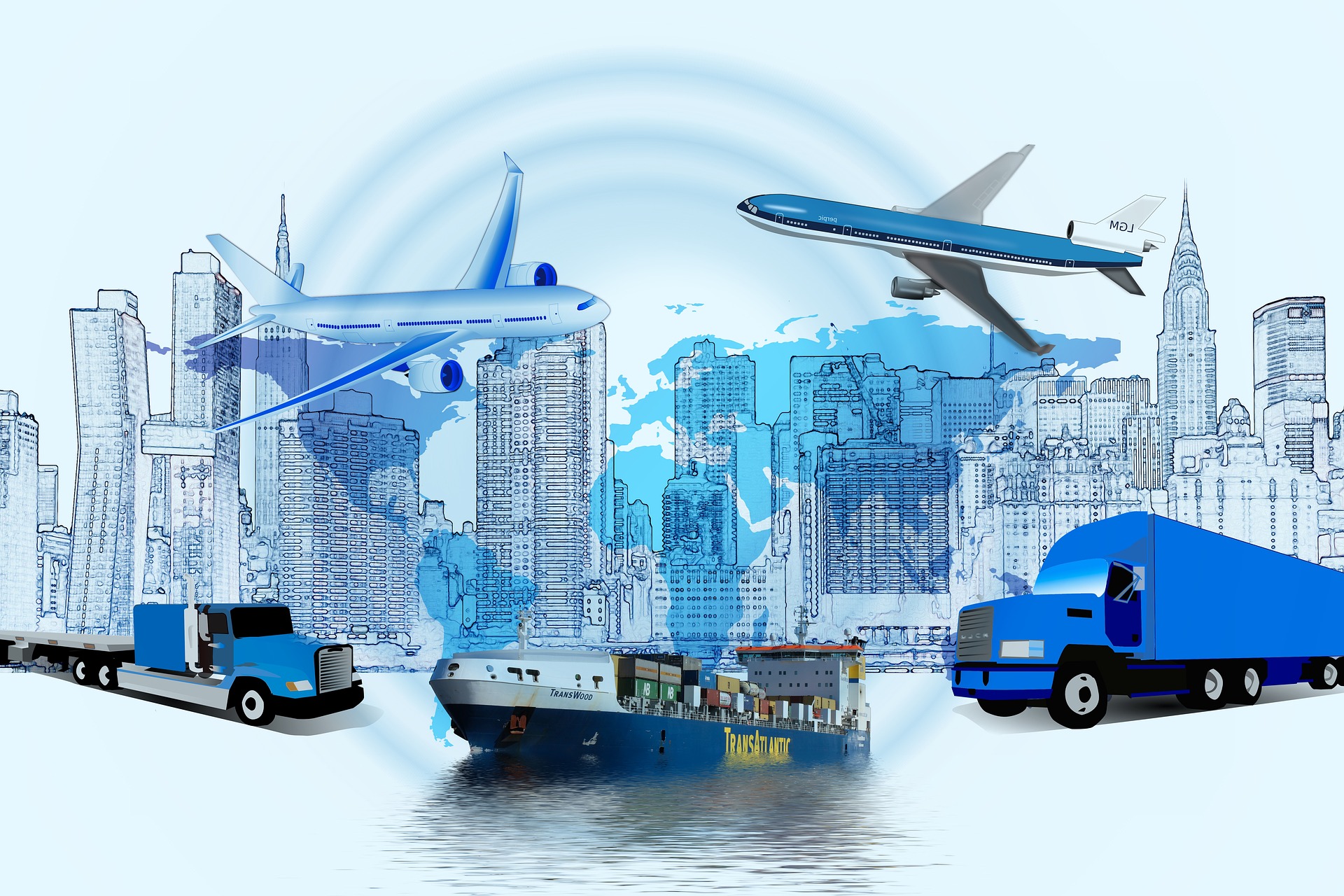The Importance of Freight Services in Modern Supply Chains
Freight services play a crucial role in today's interconnected global economy. As businesses expand their reach and consumer demands evolve, efficient and reliable transportation of goods has become more important than ever. This article explores the significance of freight services, their various components, and how they contribute to the smooth functioning of supply chains worldwide.

The importance of freight services extends beyond simply moving goods. They facilitate just-in-time inventory management, reduce storage costs, and enable businesses to respond quickly to market demands. As e-commerce continues to grow, the role of freight services in ensuring timely deliveries to end consumers has become even more critical.
How do different modes of transportation impact freight services?
Freight services utilize various modes of transportation, each with its own advantages and considerations. Road freight is often the most flexible option, allowing for door-to-door delivery and easy access to inland locations. Rail freight, while less flexible, can be more cost-effective for long-distance, high-volume shipments. Sea freight is the backbone of international trade, offering the most economical solution for large cargo volumes over long distances. Air freight, though more expensive, provides the fastest transit times and is ideal for time-sensitive or high-value goods.
The choice of transportation mode depends on factors such as the nature of the goods, distance, urgency, cost considerations, and environmental impact. Many shipments involve a combination of these modes, known as intermodal transportation, to optimize efficiency and cost-effectiveness.
What role does logistics play in freight services?
Logistics is the backbone of freight services, encompassing the planning, implementation, and control of the movement and storage of goods. It involves a complex web of activities, including inventory management, warehousing, packaging, and distribution. Effective logistics ensure that the right products reach the right place at the right time, in the right quantity and condition.
In the context of freight services, logistics providers offer value-added services such as customs clearance, freight forwarding, and supply chain optimization. They leverage technology and data analytics to enhance visibility, track shipments in real-time, and identify opportunities for improved efficiency and cost savings.
How has technology transformed the freight industry?
Technology has revolutionized the freight industry, bringing unprecedented levels of efficiency, transparency, and connectivity. Digital platforms and marketplaces now connect shippers with carriers, streamlining the booking process and providing real-time quotes. GPS tracking and Internet of Things (IoT) devices enable precise monitoring of shipments, allowing for proactive management of delays or disruptions.
Artificial intelligence and machine learning algorithms are being employed to optimize routes, predict demand, and enhance decision-making in freight operations. Blockchain technology is also making inroads, promising to improve security, traceability, and transparency in supply chains.
What are the key challenges facing the freight industry?
The freight industry faces several challenges in an ever-changing global landscape. Fluctuating fuel prices, environmental regulations, and geopolitical tensions can all impact the cost and efficiency of freight services. The COVID-19 pandemic highlighted the vulnerability of global supply chains to disruptions, prompting a reevaluation of risk management strategies.
Labor shortages, particularly in the trucking sector, pose ongoing challenges for land-based freight services. Additionally, the industry must grapple with the need to reduce its environmental footprint, investing in cleaner technologies and more sustainable practices to meet increasingly stringent emissions targets.
How can businesses optimize their use of freight services?
To maximize the benefits of freight services, businesses should adopt a strategic approach to their supply chain management. This includes:
-
Careful selection of transportation modes based on shipment characteristics and priorities.
-
Consolidation of shipments to achieve economies of scale.
-
Investment in technology for better visibility and control over freight movements.
-
Collaboration with logistics partners to leverage their expertise and networks.
-
Regular review and optimization of supply chain processes.
-
Consideration of sustainability initiatives to reduce environmental impact.
| Service | Provider | Key Features |
|---|---|---|
| Global Freight Forwarding | DHL Global Forwarding | Comprehensive logistics solutions, customs expertise |
| Ocean Freight | Maersk | Extensive global network, container and reefer services |
| Air Freight | FedEx Express | Time-definite delivery, wide coverage |
| Road Freight | UPS Freight | Nationwide LTL and FTL services, advanced tracking |
| Rail Freight | BNSF Railway | Extensive rail network, intermodal solutions |
Prices, rates, or cost estimates mentioned in this article are based on the latest available information but may change over time. Independent research is advised before making financial decisions.
Freight services are an integral part of the modern economy, enabling global trade and supporting complex supply chains. As businesses navigate an increasingly interconnected world, understanding and optimizing freight services will remain crucial for maintaining competitiveness and meeting customer expectations. By leveraging technology, embracing sustainability, and adopting strategic approaches to logistics, companies can harness the full potential of freight services to drive growth and efficiency in their operations.




